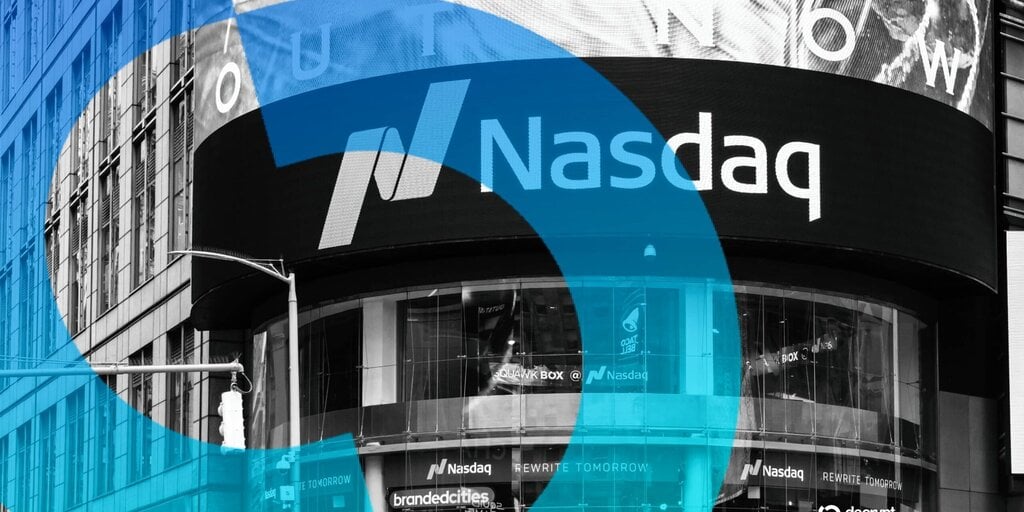
In a groundbreaking move, Nasdaq has filed a request with the U.S. Securities and Exchange Commission (SEC) to enable the trading of tokenized stocks. This innovative proposal reflects the growing momentum for asset tokenization, an emerging trend within the financial services industry.
What Are Tokenized Stocks?
Tokenized stocks represent real shares of publicly traded companies that are converted into digital tokens. These tokens allow investors to own fractions of shares, enhancing accessibility for those with limited capital. Tokenized stocks can be traded on blockchain networks or traditional trading platforms, combining flexibility with robust protections offered by established financial infrastructure.
Nasdaq’s Vision for Tokenized Trading
Nasdaq’s proposal aims to integrate blockchain technology into its existing ecosystem, giving investors the option to clear and settle trades using tokenized systems. In its filing, Nasdaq explained:
“A participant that wishes for its order to clear and settle in tokenized form shall notate its preference upon entry of the order by selecting a designated flag in the system.”
This functionality allows traders to seamlessly switch between traditional and tokenized securities, ensuring the continuity of regulatory compliance while embracing cutting-edge technology.
Why This Matters
The adoption of tokenization could revolutionize capital markets by introducing greater liquidity, transparency, and efficiency. By leveraging blockchain’s decentralized architecture, security, and traceability, tokenized assets could democratize access to investments and streamline operations within financial institutions.
Nasdaq’s move comes amid a series of similar initiatives. In June, Robinhood launched tokenized trading for U.S. stocks on the Ethereum-based Arbitrum network. Likewise, crypto exchange Kraken announced plans to offer tokenized securities through a partnership with Backed, utilizing Solana blockchain technology. Tokenization is even catching the attention of major players, with BlackRock CEO Larry Fink in 2022 describing it as “the next generation for markets.”
A Trusted Brand to Explore Blockchain Opportunities
As tokenization transforms the financial landscape, tools and resources that simplify users’ entry into blockchain and digital assets become increasingly valuable. For instance, Ledger’s cryptocurrency hardware wallets (Ledger Nano X) offer secure, user-friendly storage for token-based securities. By ensuring the safety of digital assets, such products make investing in tokenized stocks more accessible to both novice and seasoned investors.
The Future of Financial Innovation
Nasdaq’s proposal underscores how traditional financial institutions are embracing transformative technologies. With the SEC’s approval, this initiative could make tokenized securities a mainstream method of trading, mirroring practices like decimalization and electronification that revolutionized equity markets decades ago.
Additionally, the focus on tokenization isn’t limited to stocks. Industries ranging from real estate to art are exploring its potential, creating opportunities for investors to diversify their portfolios with fractional ownership options.
Final Thoughts
As the financial world evolves, tokenization is emerging as a pivotal innovation. Nasdaq’s latest move to incorporate blockchain technology demonstrates its commitment to keeping pace with the next wave of market evolution. For investors and institutions, this could mark the beginning of a more accessible and technologically advanced era in trading.
Stay updated with the latest trends in blockchain, tokenization, and financial innovation by subscribing to Nasdaq’s updates and exploring resources like Ledger to secure your digital investments.






